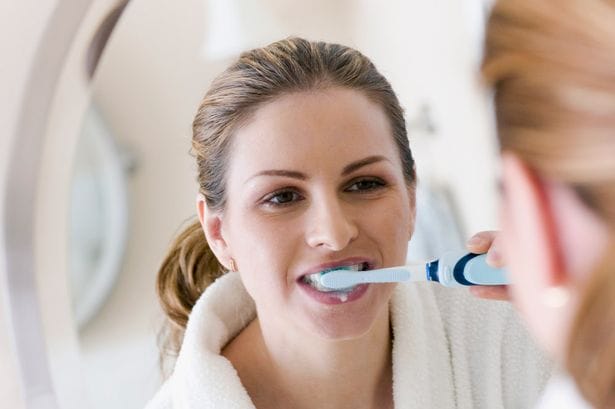
The National Fresh Breath Day, annually observed on August 6, was created to appreciate fresh breath and oral hygiene. As you join others around the world in observing this day, you should acquaint yourself with essential dental hygiene tips to fight bad breath.
Causes of Bad Breath
The medical term for bad breath is halitosis. According to studies, at least 80 percent of bad breath can be traced back to an oral source. For instance, dry mouth (xerostomia) can cause halitosis, as can tonsils with trapped food particles, cracked fillings, yeast infections, poorly fitted dental appliances, and dental cavities. Other causes of bad breath include:
- Poor oral hygiene. Food particles stick and remain in the mouth when you fail to floss and brush your teeth daily, this promotes bacterial growth on your tongue, around the gums, and between teeth causing bad odor.
- Smoking and chewing tobacco. This causes halitosis, irritates gums, stains teeth, and affects your taste buds.
- Medical conditions. Persistent bad taste and breath may be a sign of periodontal (gum) disease. The buildup of plaque on your teeth causes bacteria to form toxins that irritate gums. When left untreated, these toxins can damage your gums and jawbone.
How to Prevent Halitosis
Floss and brush more often for fresh breath. This prevents the buildup of plaque on your teeth and removes trapped food particles.
Rinse your mouth. Use mouthwash to get rid of bacteria and leave your mouth with a fresh minty taste. Also, swish your mouth using plain water immediately after eating to remove food particles stuck in your teeth.
Scrape your tongue when brushing. You may use your tooth brush or a tongue scraper to remove bacteria, dead cells, and food debris.
Avoid foods that cause bad breath. Big offenders here include garlic and onions. Once ingested, they are absorbed into your bloodstream, travel to your lungs, and are breathed out.
Stop using tobacco. It stains teeth, damages your gums, causes cancer, and gives you bad breath.
Moisten your mouth. Drink plenty of water throughout the day and chew sugarless gum. Gum stimulates saliva, the mouth’s primary defense against plaque acids that cause bad breath and tooth decay.
Conclusion
To ensure fresh breath, observe dental hygiene by brushing, flossing, and scrapping daily. Additionally, avoid tobacco and foods that cause bad breath. Finally, visit your dentist annually for a full dental check-up. We offer a variety of services to our patients to make sure their smile is great, and in turn their breath is fresh!
